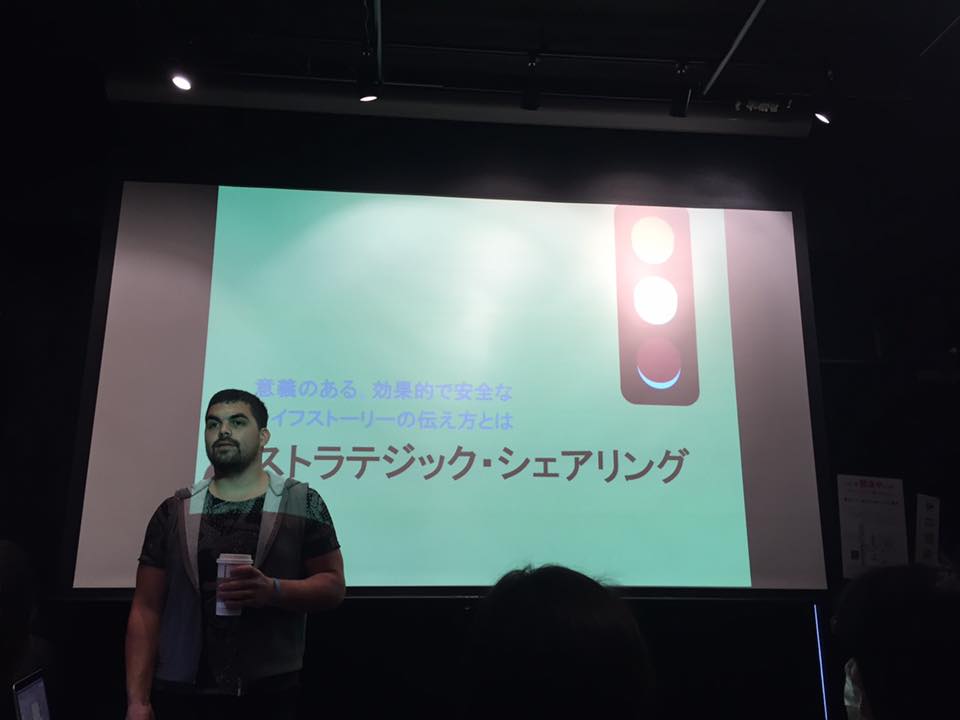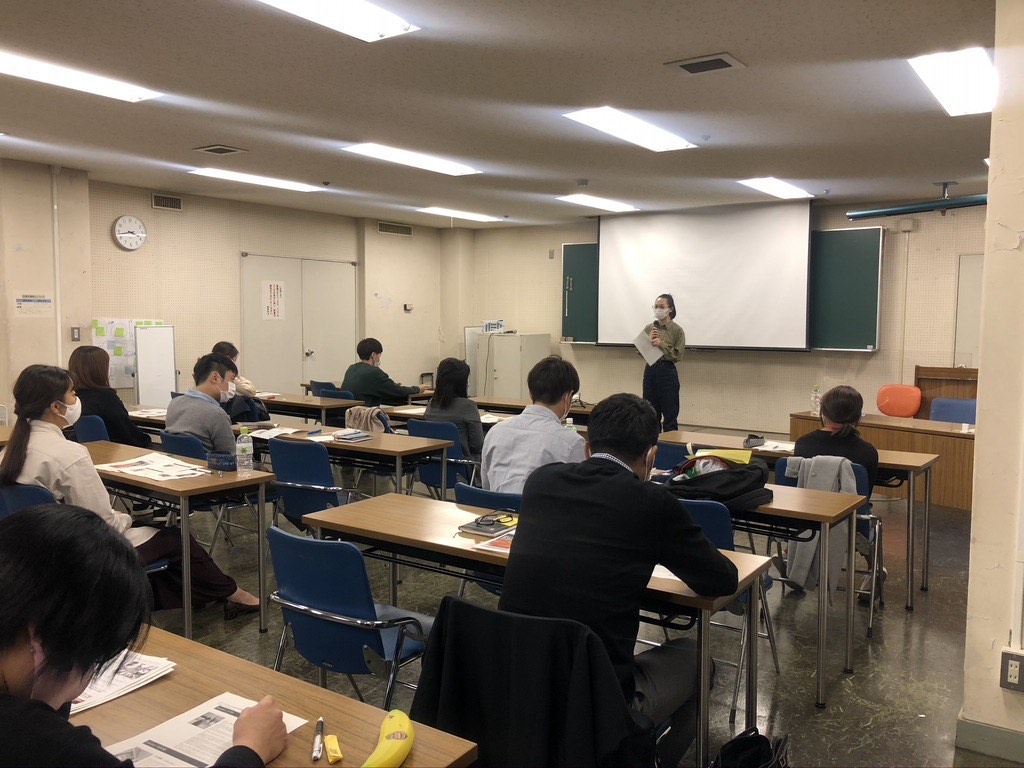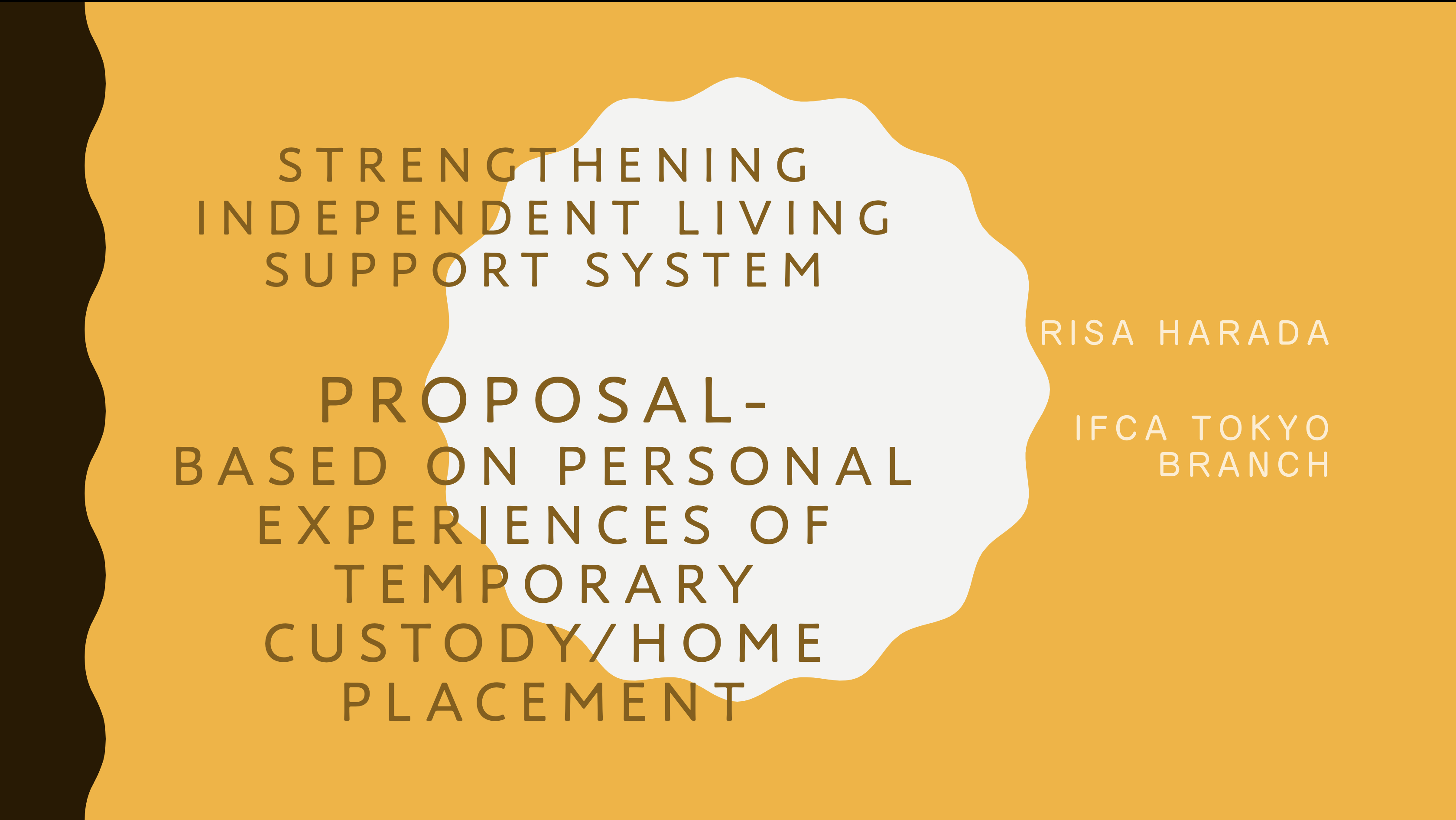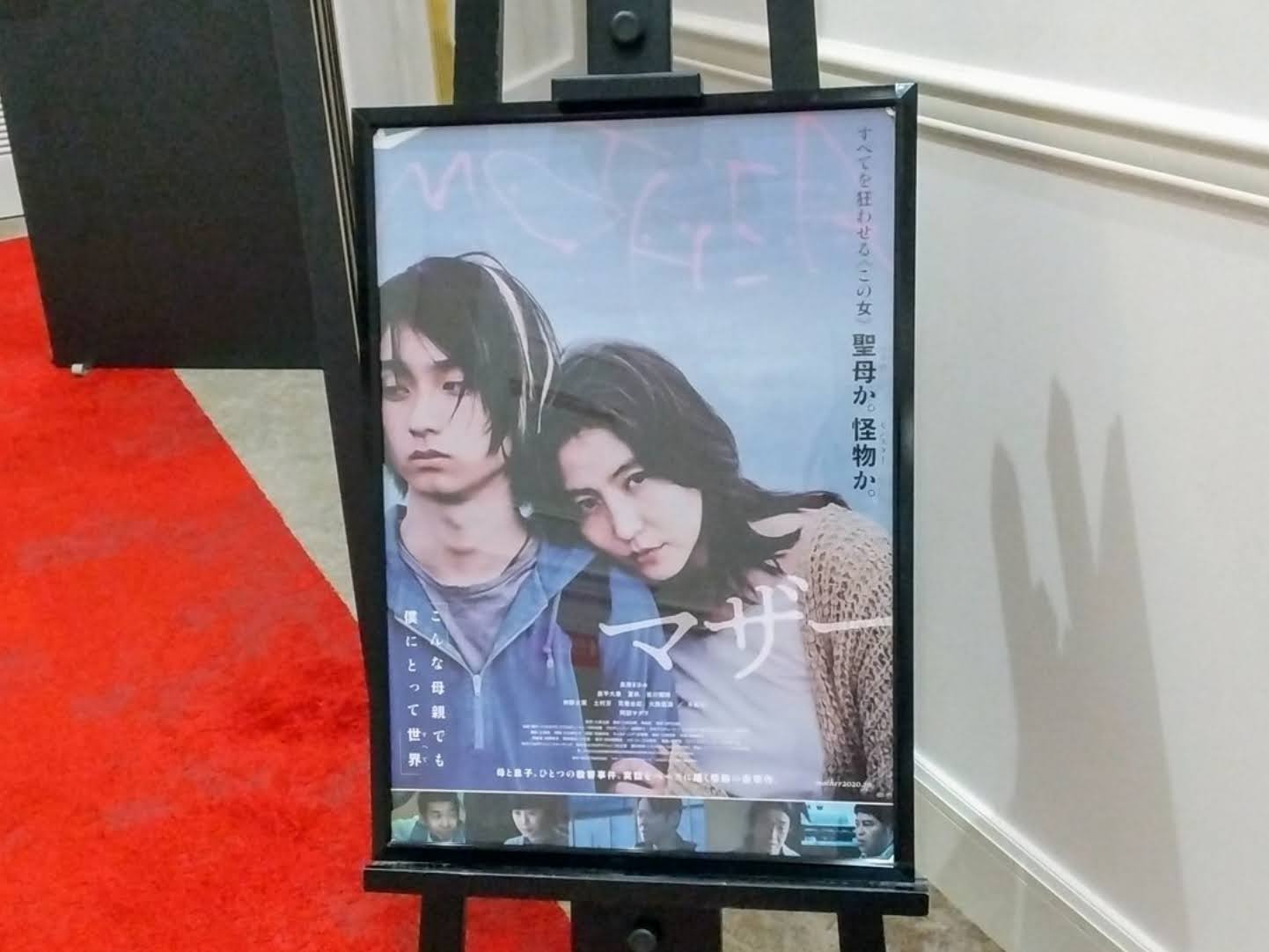Tim Bell
IFCA’s U.S. team, joined throughout by our teammates in Japan, did this trip in 9 days hosting and participating in foster care events all along the way. Somehow, in those 9 days we made close friends in Fuji City and Fukuoka, cemented our preexisting relationships in other places, and trained on a variety of topics and in so doing learned a great deal ourselves. We trained on Positive Youth Development; Foster Youth Advocacy; What a Supportive Adult is; the funding structure of Child Welfare in the U.S. and how it might apply to Japan; and the training and recruitment of foster parents in Washington State.
The more I travel throughout Japan, the more certain I am of IFCA’s mission and of our ability to pull it off. It is true that IFCA has 3 concurrent missions (for youth and alumni, care givers, and professionals), and that has always concerned me, as it didn’t seem narrow enough. However, during this most recent trip, I think that IFCA demonstrated something quite unique. Youth and adults worked as a team- concurrently, independently, and together- on a number of different projects and each task completed or presentation given was a compliment to the rest of the team such that if an adult presenter demonstrated something, a young person was sure to give their own input and vice versa. Even better is the fact that much of this teamwork happened naturally, with minimal coordination. It was inspiring to witness and be a part of a true Youth-Adult Partnership where young people and adults recognize one another for the skills and abilities unique to them.
Another thing that I have become more certain of in my time studying the Japanese foster care system is the need to have a youth-driven dialogue about Permanency. Of course, I’ve written about this subject extensively elsewhere but I had this realization anew, this time as I spoke with caregivers and child welfare service providers. No one seemed to know whether their young people in foster care were anxious about the relative certainty and/or stability of the relationships they had with adults but everyone agreed that the sense of permanence was important for the development of young adults’ overall sense of well being. As in America, I think this cognitive dissonance occurs when young people are not adequately prepared to speak about their own permanency. Will they be welcomed back into the home once the state is no longer paying for their care? Will they help pay for college or help me move in to my first apartment or be there when I get married? These are just a few questions to think through but it’s easy to see how getting into the concrete minutiae of parent-child relationships after foster care can quickly become uncomfortable for all, but especially for young people for whom the answer to these questions means everything.








Leave a Reply